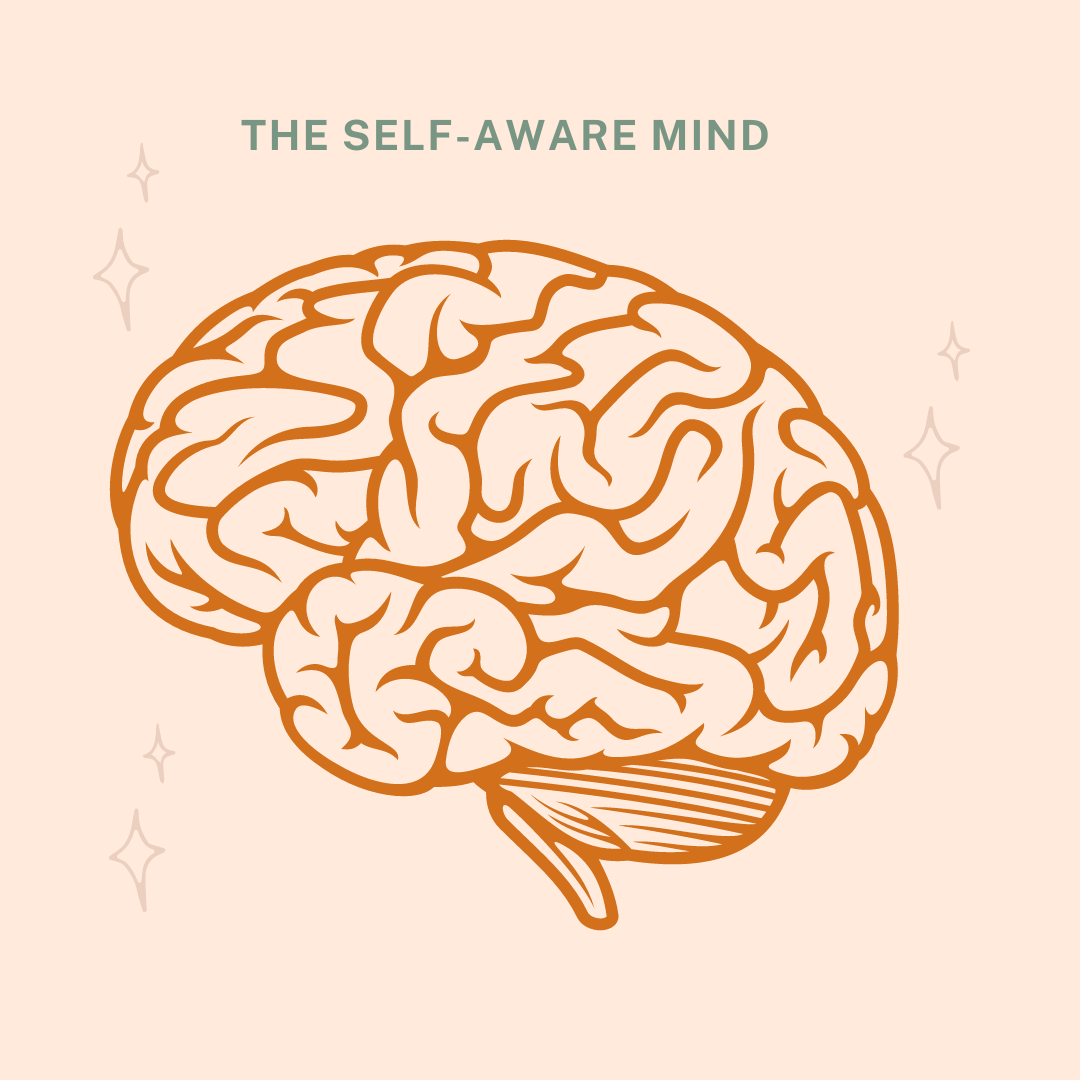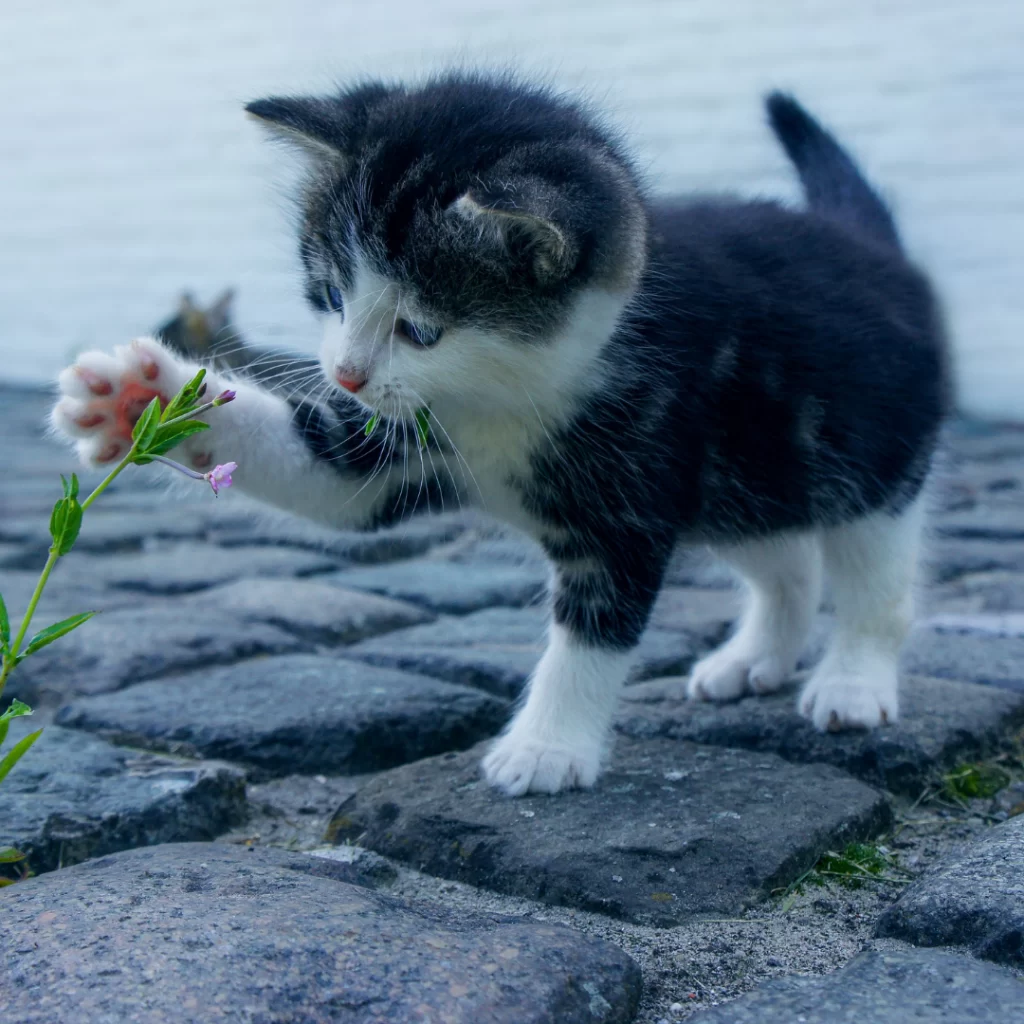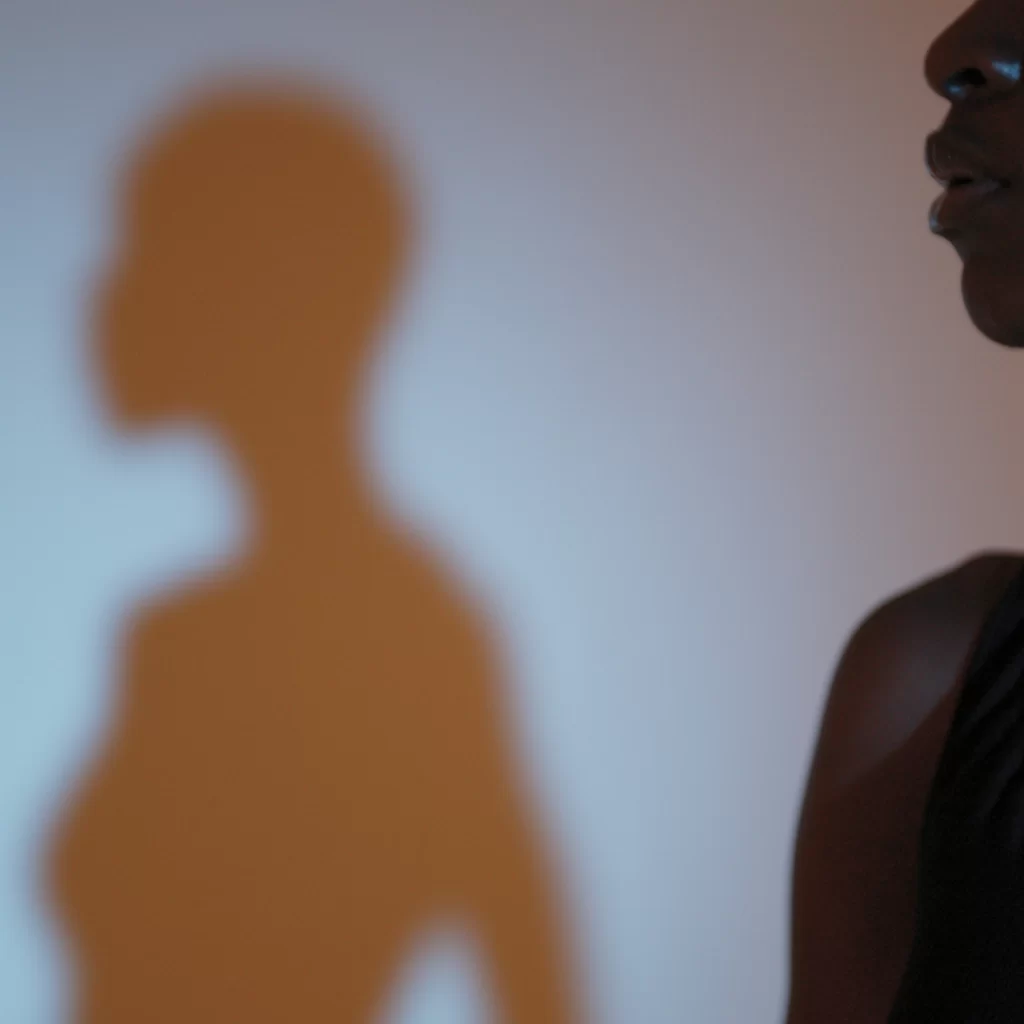Welcome to the heartbeat of Integrative Counsel, our blog where tranquility meets transformation. This is your sanctuary for insights and wisdom on nurturing a harmonious connection between mind, body, and spirit.
How Does the Self-Aware Mind Operate?

Self-awareness is important to develop on your healing journey, and it is a vital skill to have if you want to have a fulfilling life.
“Self-awareness is the ability to focus on yourself and how your actions, thoughts, or emotions do or don’t align with your internal standards. If you’re highly self-aware, you can objectively evaluate yourself, manage your emotions, align your behavior with your values, and understand correctly how others perceive you.” (Shelley Duval and Robert Wickland.)
When you are able to manage your emotions, you are better equipped to manage other aspects of your life, too. When you aren’t able to recognize your emotional state at any given point in time, and how that emotional state influences your thoughts and your behaviors, you end up hurting yourself and others. Once you are able to manage your emotions and determine how they impact your behavior, you develop a better relationship with yourself and others. Here are 5 ways the self aware mind operates, and how you can become more self-aware in your everyday life:
The self-aware mind is able to set boundaries
When you are self aware, it is easier for you to set healthy boundaries with others, because you are aware of your feelings and listen to yourself when something makes you uneasy or uncomfortable. Being able to notice when something upsets you helps you know where to draw the line and limit people’s access to you.This helps you stay balanced and not drain your energy on people that aren’t healthy for you.
You are curious about your mind
People who are self aware think about their thought patterns. This is what Eckhart Tolle calls ‘watching the thinker”, which is when you stop identifying with your thoughts and instead become the loving, non-judgmental awareness that is separate from those thoughts.“The moment you start watching the thinker, a higher level of consciousness becomes activated. You then begin to realize that there is a vast realm of intelligence beyond thought, that thought is only a tiny aspect of that intelligence.” (Tolle) When you approach your thoughts with curiosity and wonder, as if you’re getting to know a new friend, they stop possessing you.
You are aware of your ego and shadow behavior.
You are more present, and are then able to notice when something triggers the shadow reaction, and why it was triggered in that way. When you’re self-aware, you break negative patterns and you stop avoiding your pain with distractions. It’s okay to distract yourself from pain when you are aware that you are doing it, and doing so in moderation. You can have a little distraction, as a treat. But, at some point, you need to address your pain, feel it out, and then complete the healing process. Your pain is here to teach you something about yourself, which only strengthens your self-awareness.
The self-aware mind doesn’t pass judgement on emotions
Whenever we judge ourselves for having strong emotions, we create more pain and suffering for ourselves. Emotions are unpredictable and can come in with the force of a hurricane and leave just as quickly. We have no control over our emotions. The only thing we can control is the way we respond, and whether or not we react based on the intensity of our emotions. When you increase your self awareness, your mind doesn’t tell you that you are bad or stupid for experiencing negative emotions.
Judging your emotions drains you of the energy you need to understand why you are having these emotions. Before you start judging yourself, observe the emotion and label it in simple terms, using an “I” statement, like ‘I feel sad’ or ‘I feel lonely.’ This helps when you fall into the trap of intellectualizing your emotions. The point isn’t to think about the emotion but to feel it. Once you start feeling your feelings without judging them, you can listen to their messages and understand what these emotions are here to teach you. We all have feelings, and denying them only tips us off balance.
You are able to build solid relationships
When you’re aware of yourself and are able to recognize when your reactions are ego-based, it becomes easier for you to ask for feedback and take it well. Everyone has blind spots, even the most self actualized people. We all need people to help check our blind spots, and we need to be able to take that feedback and continue to improve ourselves. The point of this healing journey is not to be perfect, but to constantly transform ourselves and grow. When someone gives you feedback, it’s going to sting a little. To develop your self awareness and have deep and lasting relationships, you need to be able to accept constructive criticism without getting defensive and having an emotional reaction. Don’t try to make the other person the bad guy, and don’t try to disregard their feedback as invalid. Allow yourself to absorb it, even if it is painful, and be grateful for the opportunity to gain even more wisdom.
Sign up to receive our virtual magazine in your inbox! We send free resources, art and journal prompts, wisdom from our practitioners, and more. Click here to get on the mailing list.
Starting with a creative written voice and a BA in English from ASU, Alli Cravener has become so much more than Integrative Counsel’s voice! Not only is she a writer who is passionate about connecting concepts and content, Alli is also currently a grad student working towards her Master’s in Counseling. She is also the editor-in-chief, office manager, AND intake specialist at Integrative Counsel. When you call us, you’ll talk to Alli! Alli’s interests include painting, history, learning about other people, and wearing the color pink. She likens herself to a “mouse in a palm tree”, and she loves it that way.
October 12, 2021
Click here to book a consultation call and start navigating your personal path to mental harmony with a therapist who gets you. Your journey, your pace, your story—let's unfold it together.
Let's keep the conversation going.
Feeling the spark to light up your wellness journey?
resources
CONTACT
RATES
join us
shop
SERVICES
OUR APPROACH
visiting professionals
OUR TEAM
HOME
727.342.0054
hello@integrativecounsel.com
Integrative Counsel is committed to providing culturally competent services. We respect the uniqueness of every person including, but not limited to race, ethnicity, gender identity, sexual orientation, class and religious affiliation.


